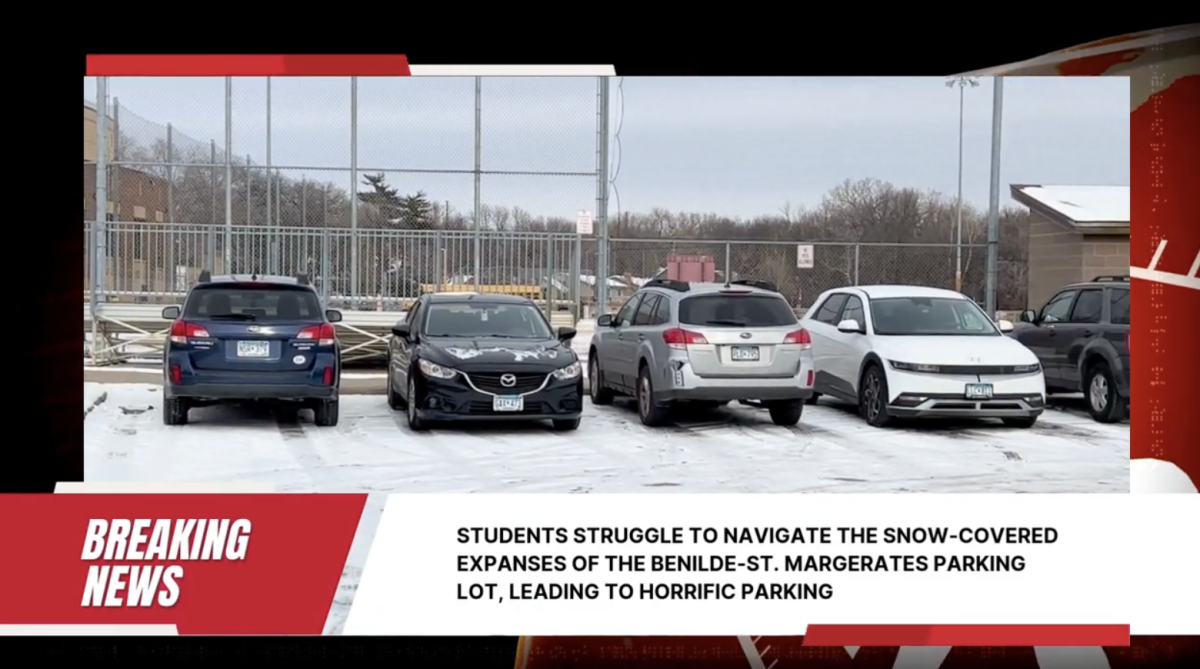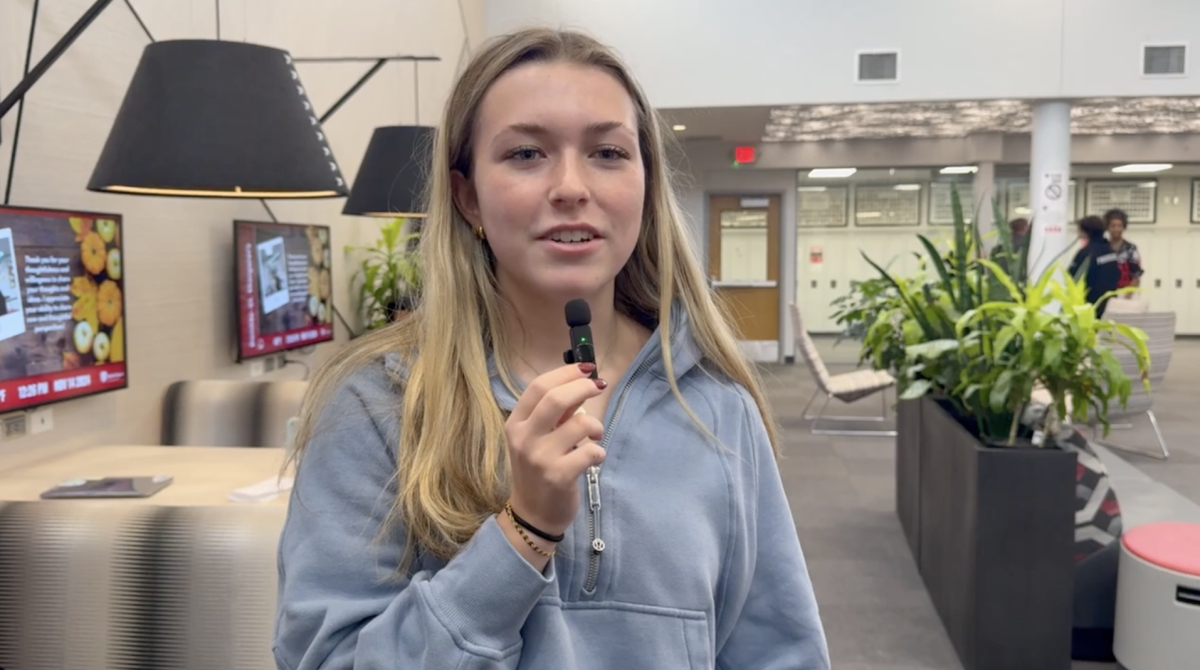The new stations in the commons have separate places for trash, plastic, and compostable material so that the material can be disposed of, recycled, and now composted, in the most efficient and earth-friendly way possible.
Most students don’t realize that combining trash with compostable material actually eliminates the amount of material that would otherwise be composted and replenish the earth. “We have been throwing food waste into the trash and this does not decompose in landfills,” said environmental science teacher Mr. Ted Reiff.
Now, whenever students see green trash bags they are reminded to think twice about what they are throwing into the trash. “Food waste and paper waste in the bathrooms [can be thrown into the green compost trash bags],” said Mr. Reiff.
The new additions to the cafeteria will help BSM separate the compost from recyclable and trash material. “On the tables, there are three holes; one for trash, one for recyclables, and one for compostable material,” said science teacher Mr. Mark Lex.
The new green trash bags are also decomposable. “They will decompose the landfills that we send them to in six months along with the food inside of them,” said Mr. Reiff.
However, students and faculty must remain aware of the disposing changes to continue this process. “If we don’t pay attention to what goes in the green bags, the Waste Management company will kick us out of the program,” said Mr. Reiff.
BSM believes that this composting program will immensely alter the amount of trash disposed of, especially in the lunchroom. “On a typical day we measured 350 pounds of trash in the cafeteria; we are hoping we will be able to compost most of that now,” said Mr. Lex.
This program is much more than a temporary experiment and is set and ready to be a part of BSM everyday from now on. “We are on board and we are going with it.” said Mr. Reiff.

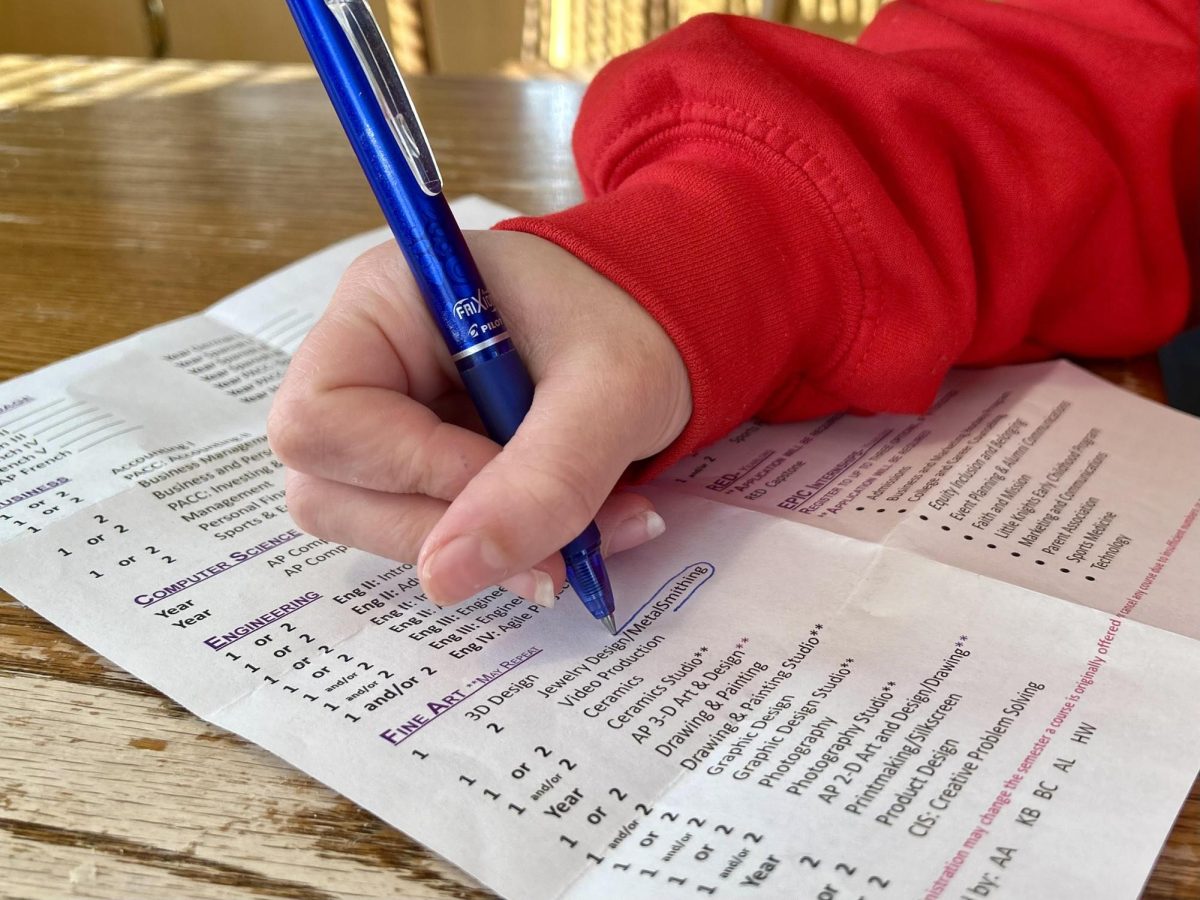
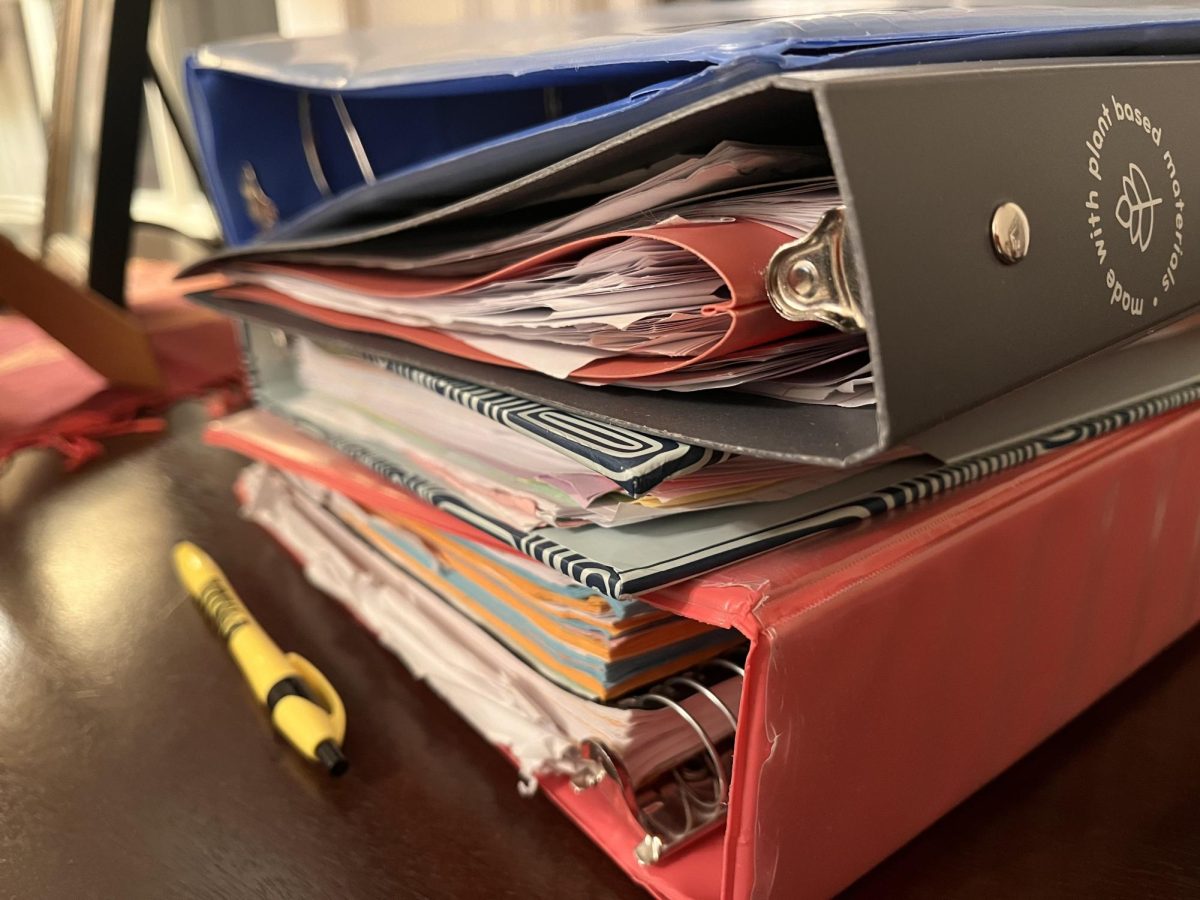
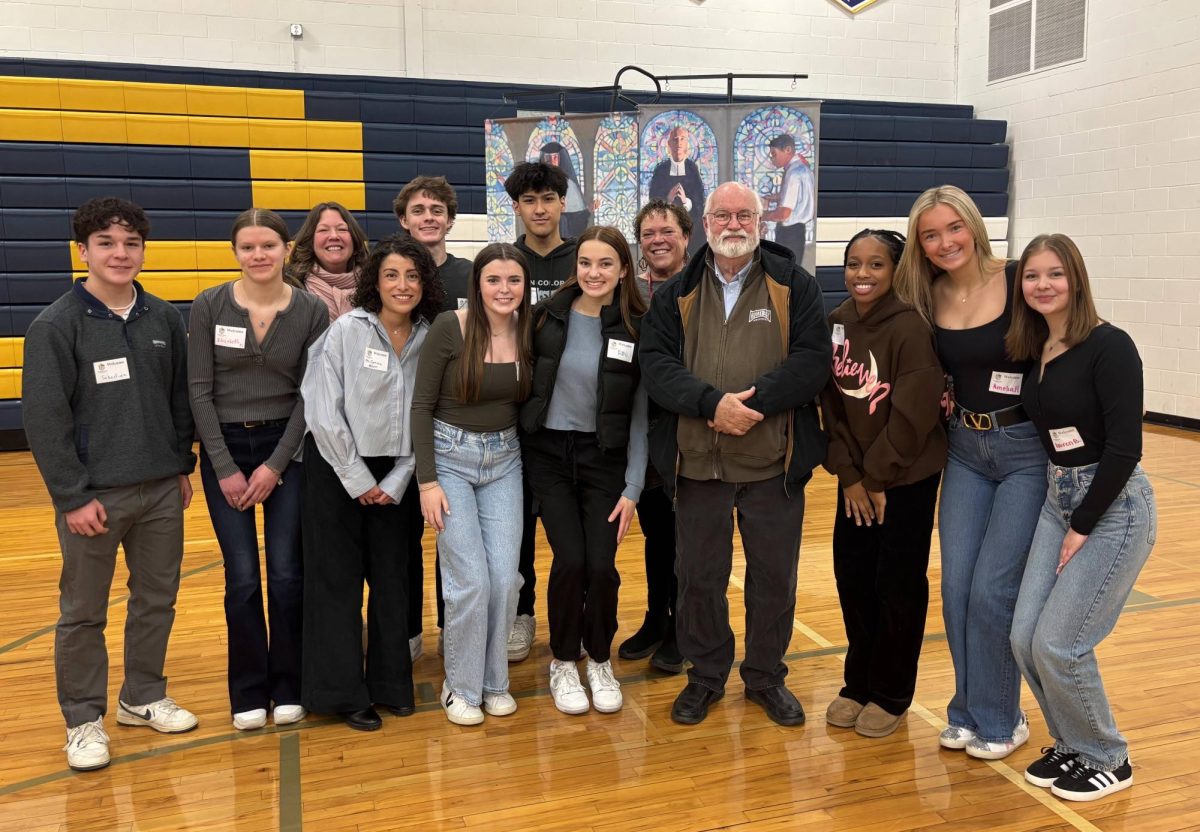

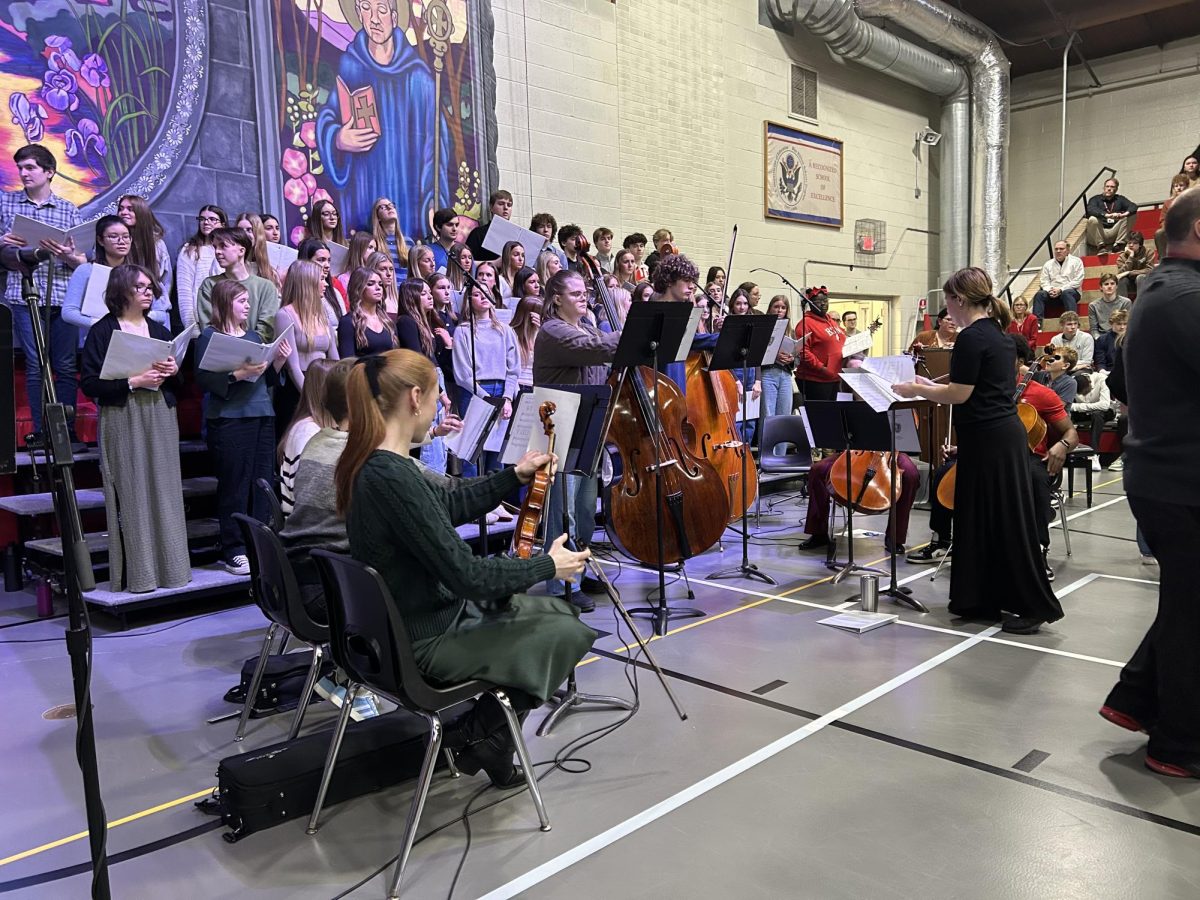
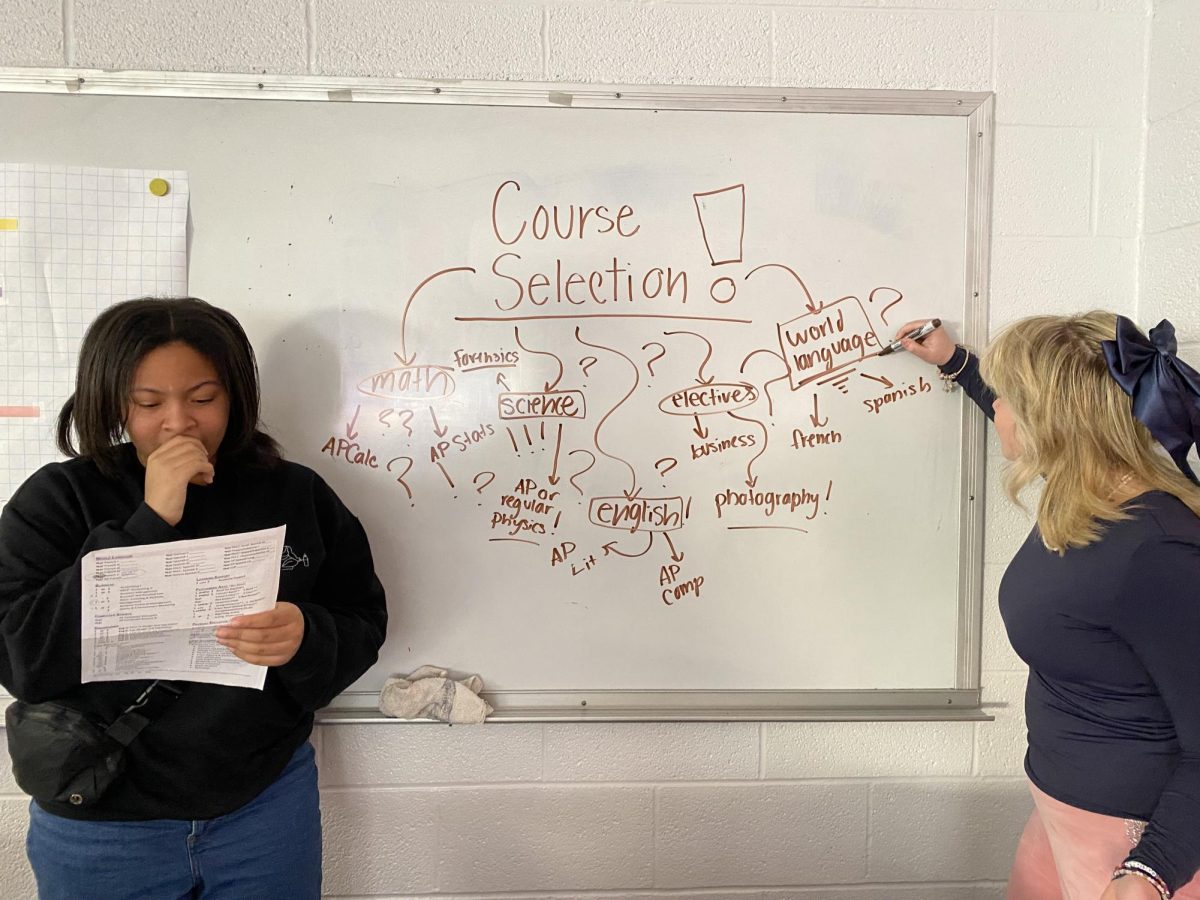
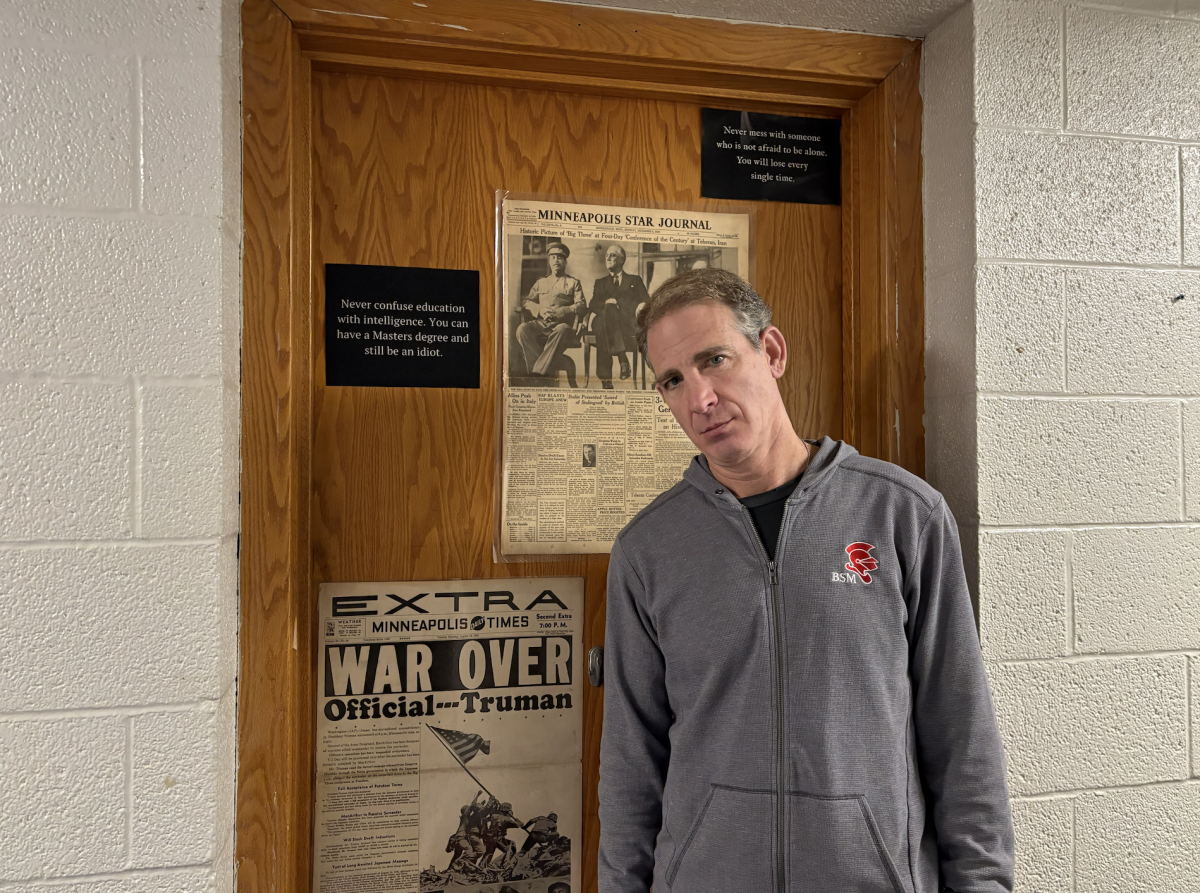

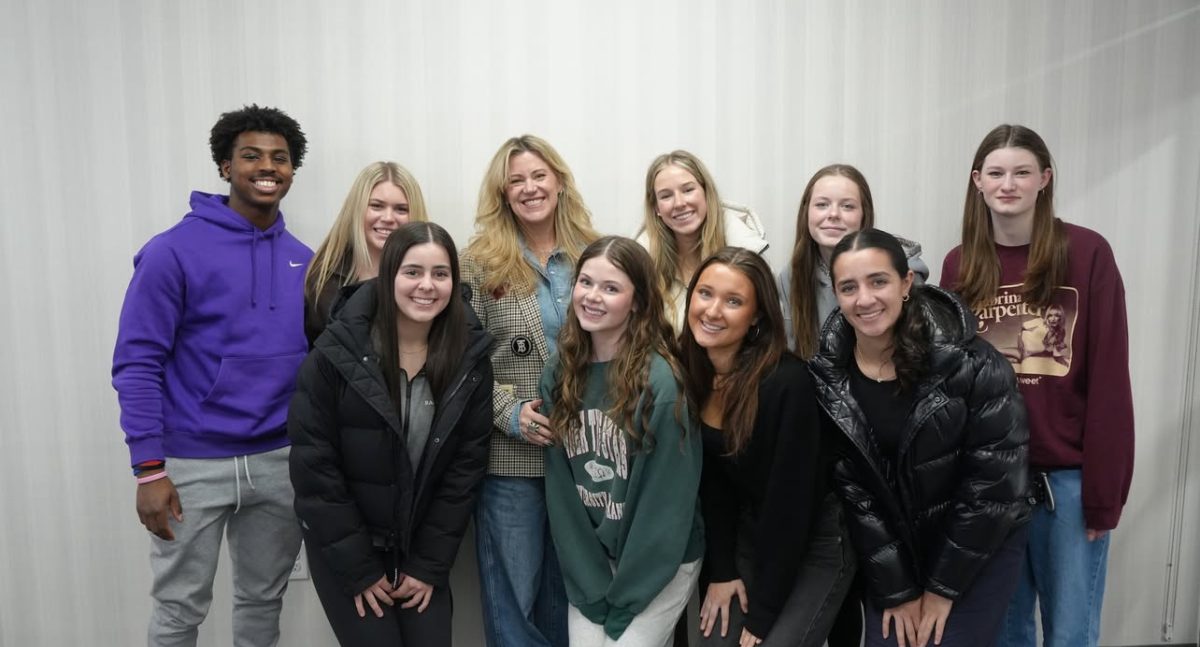
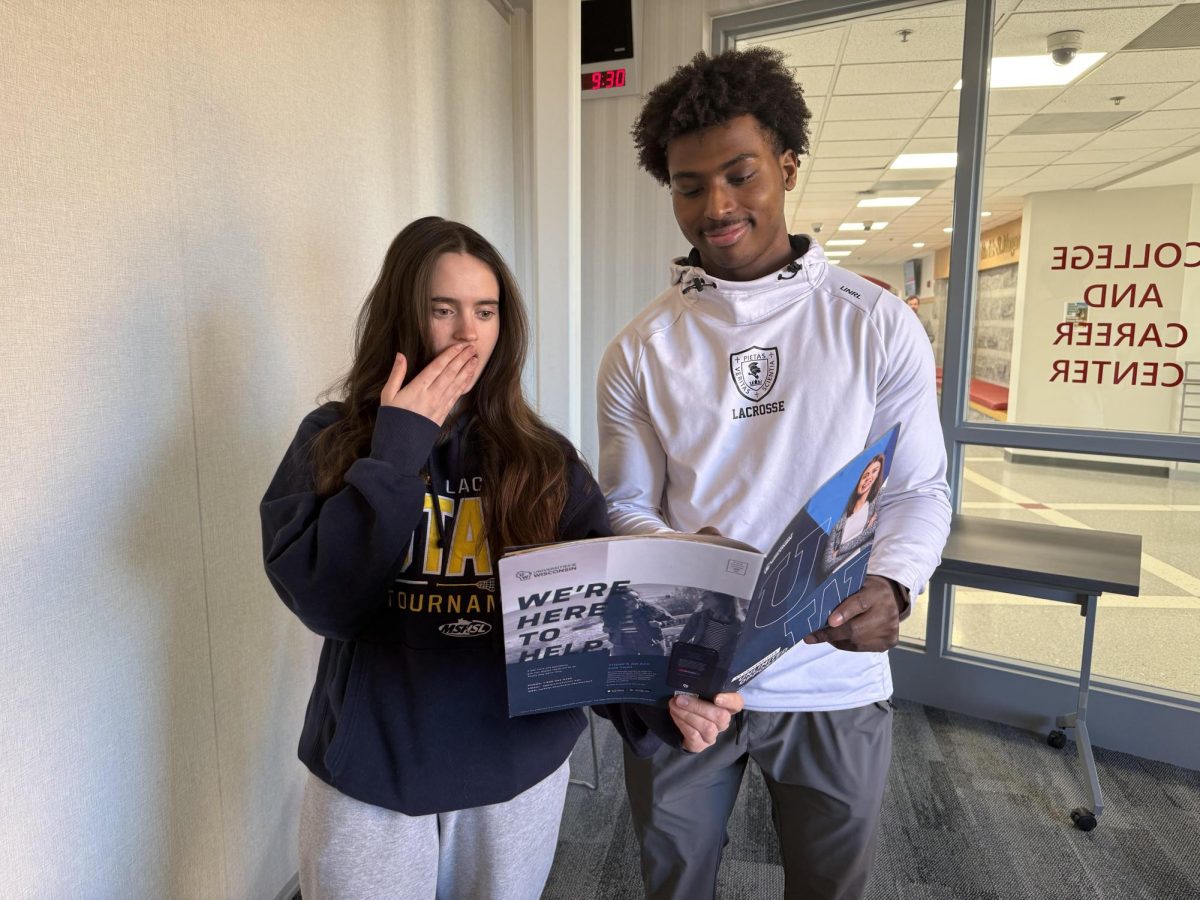


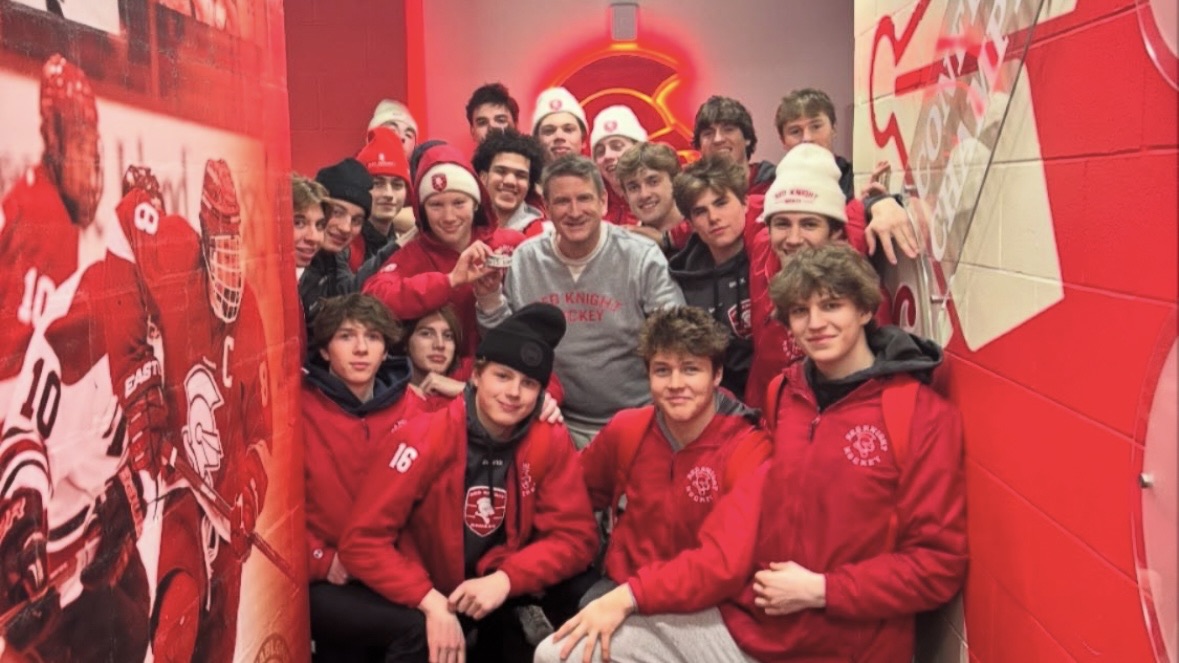

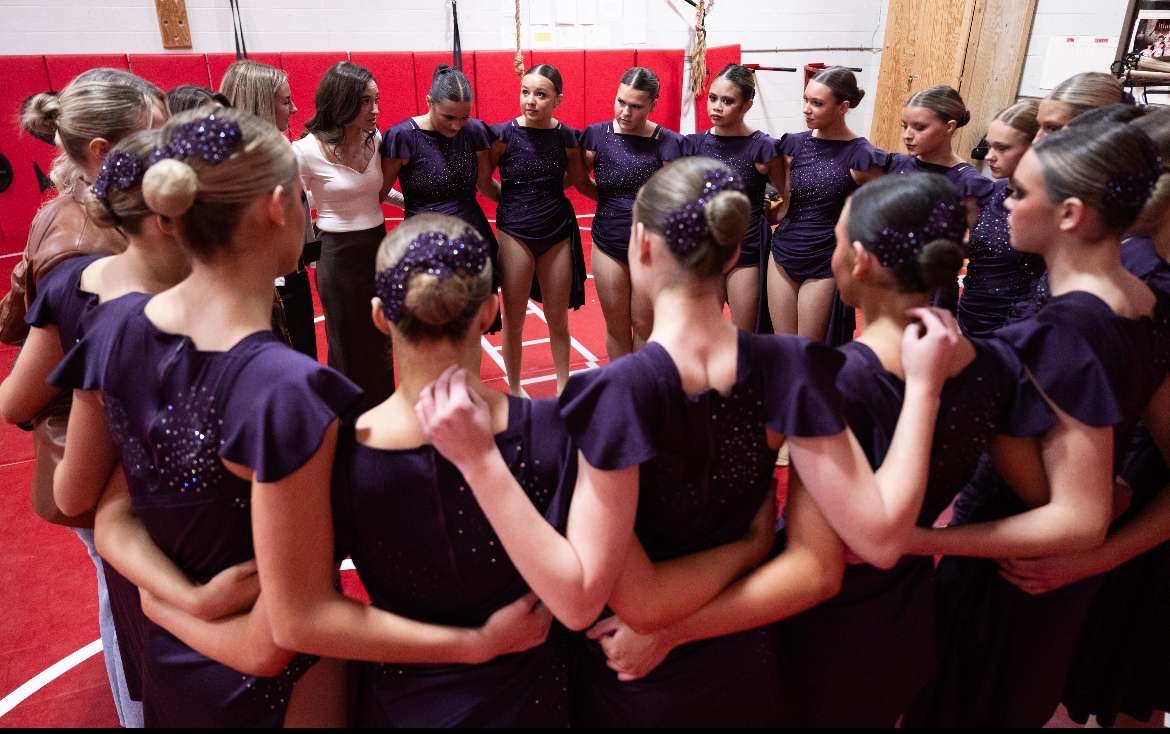

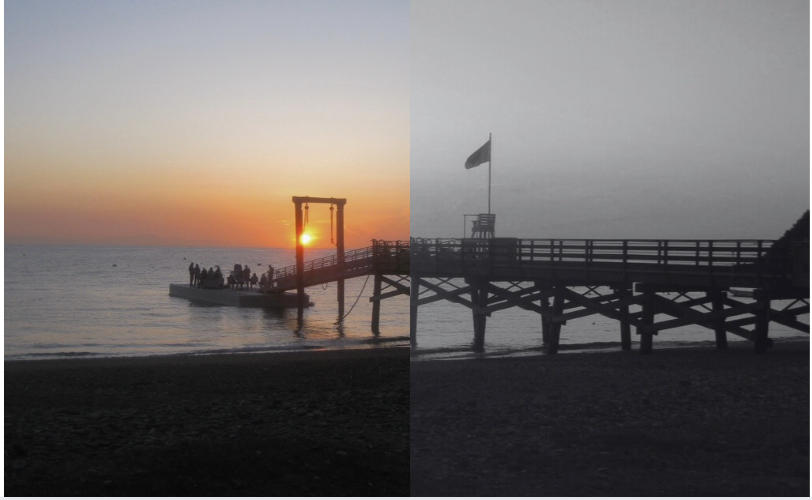

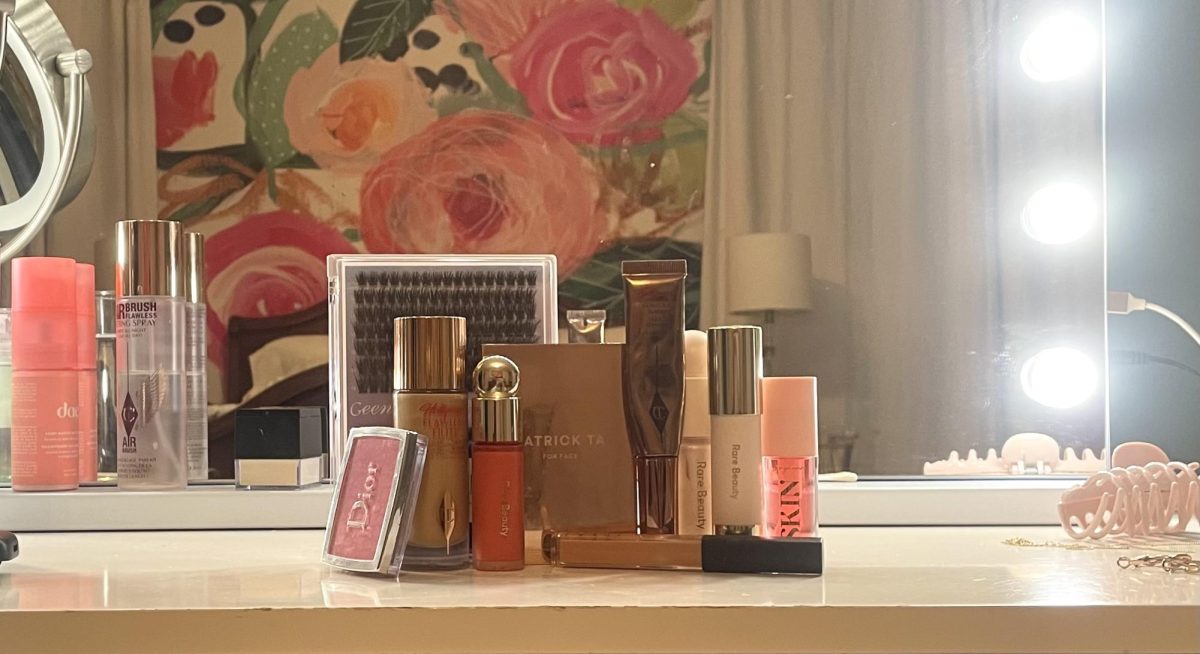
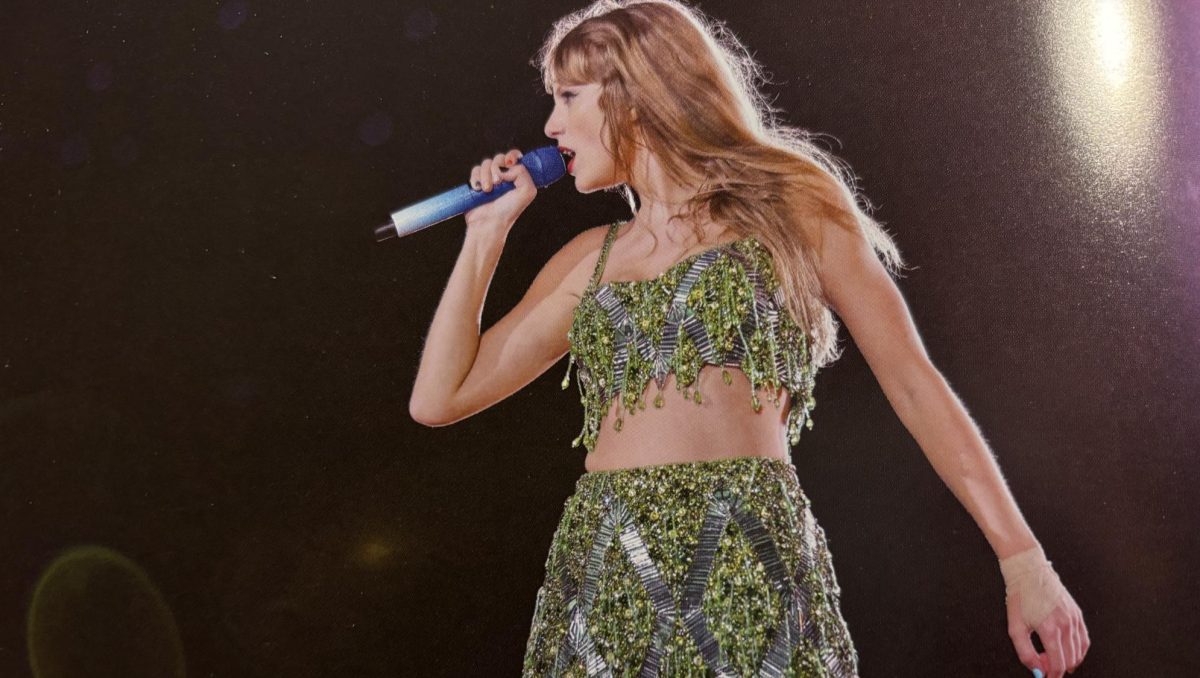
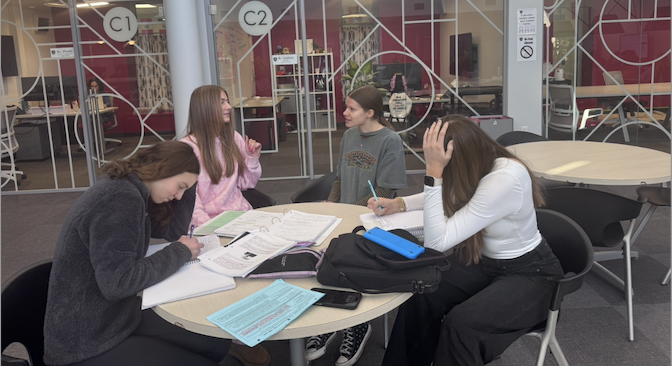
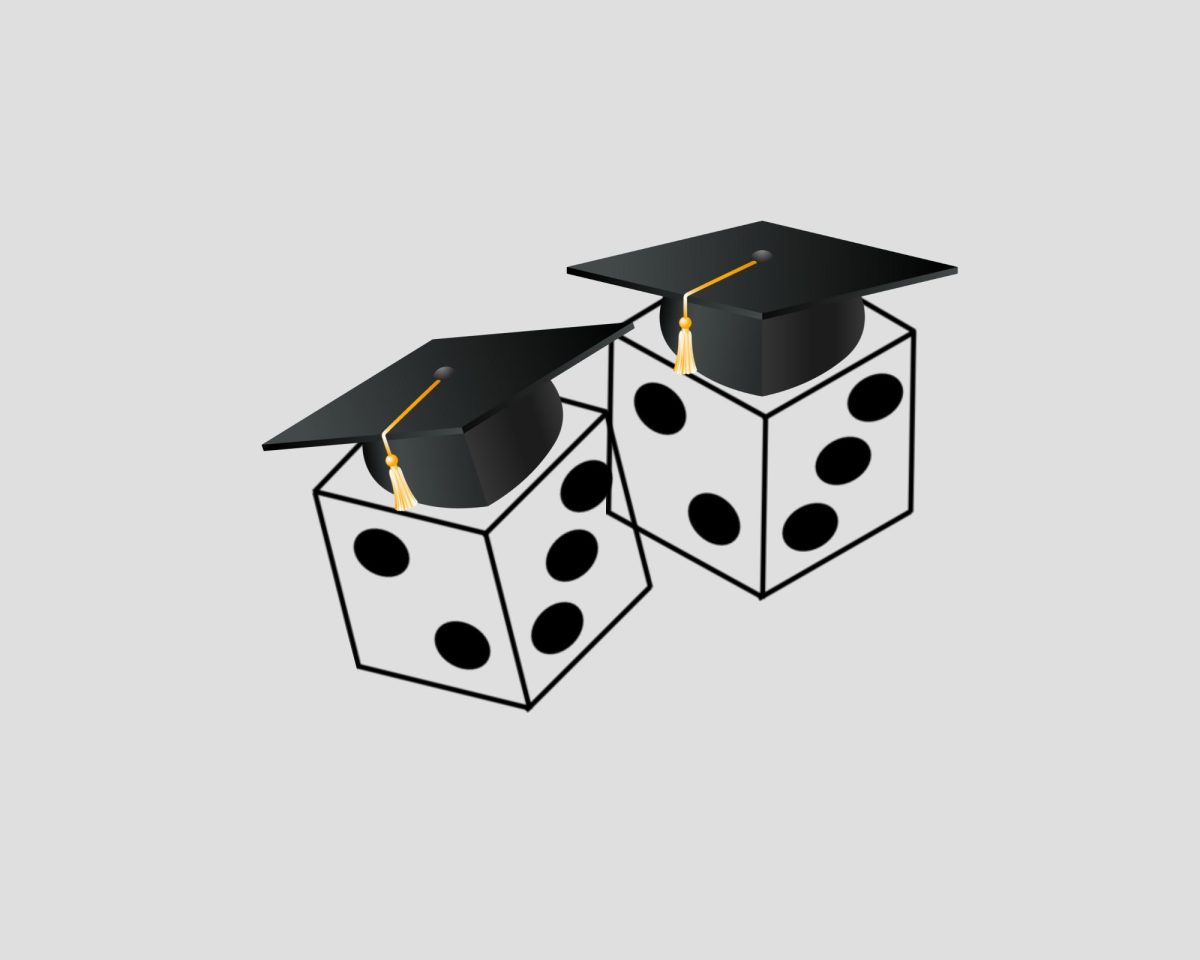
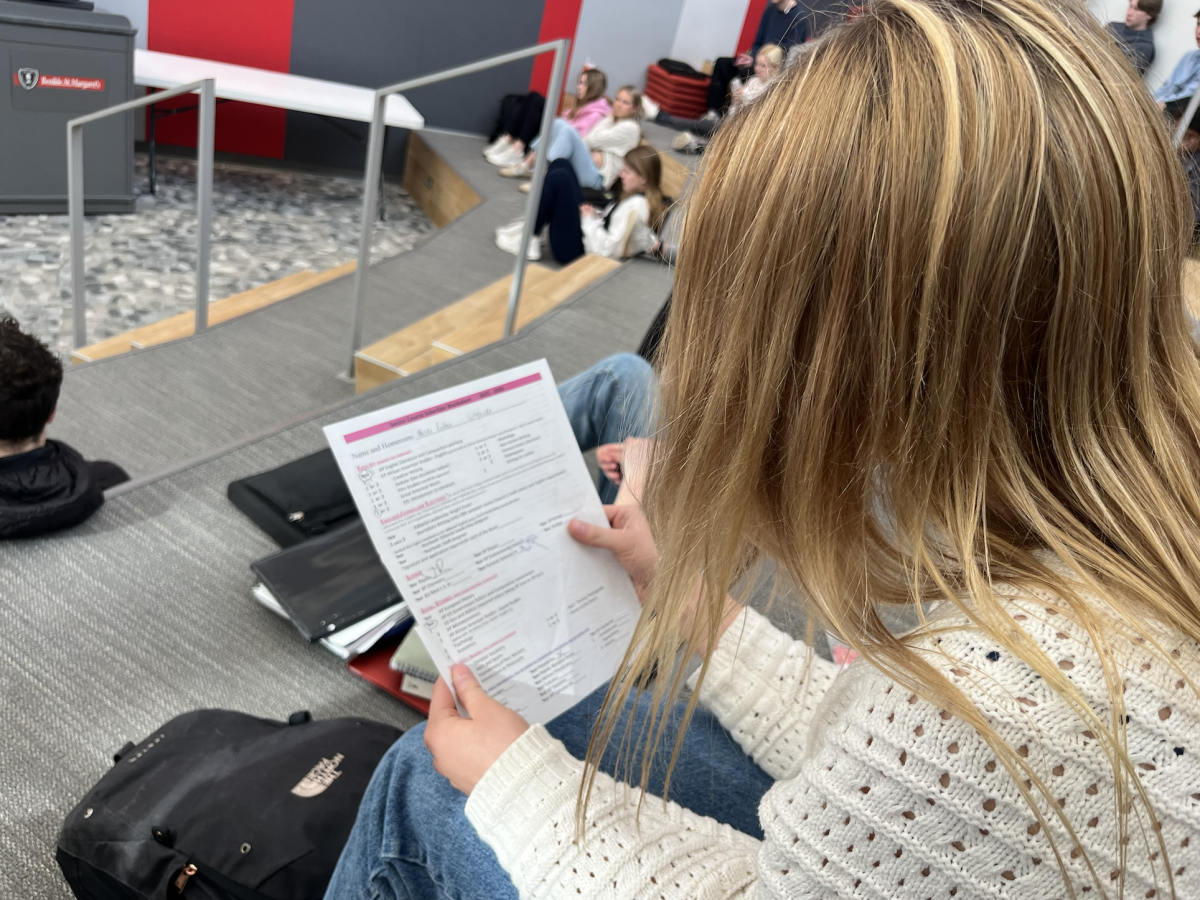
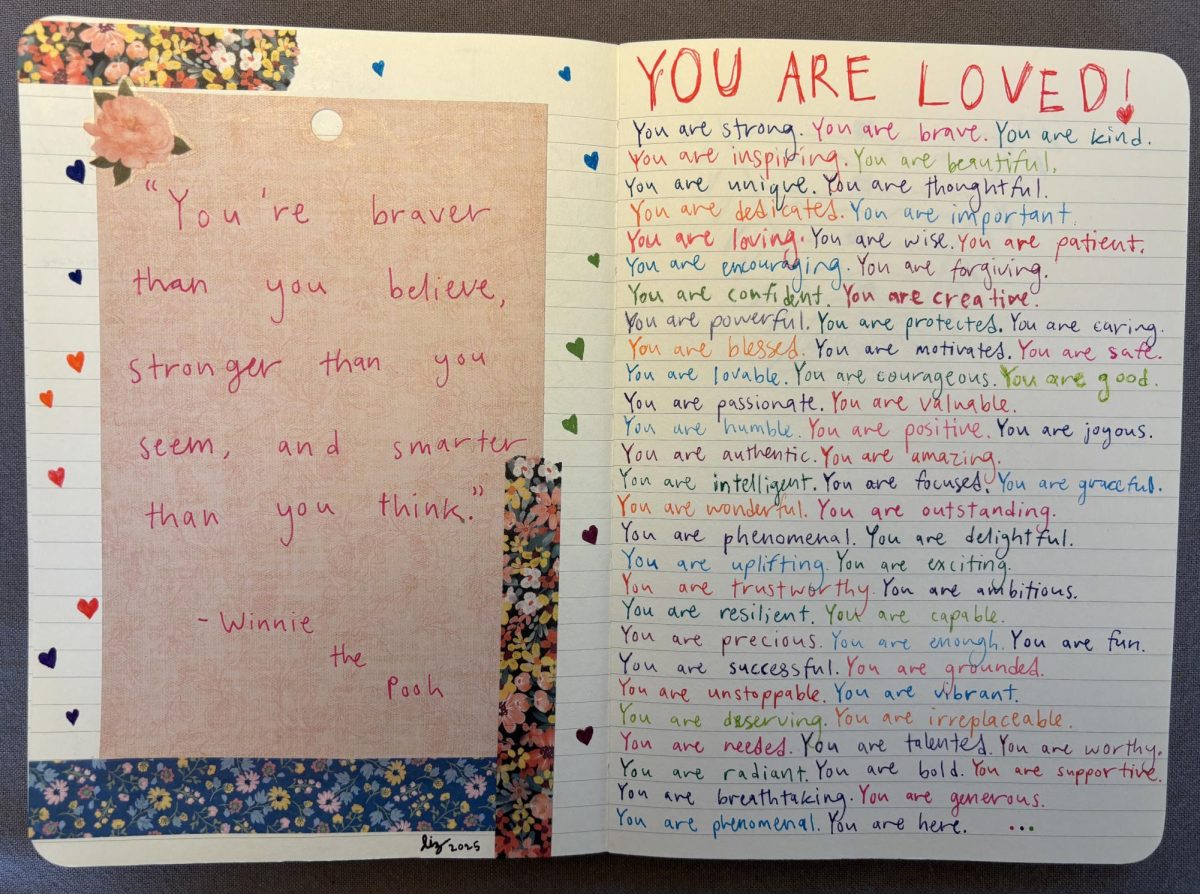
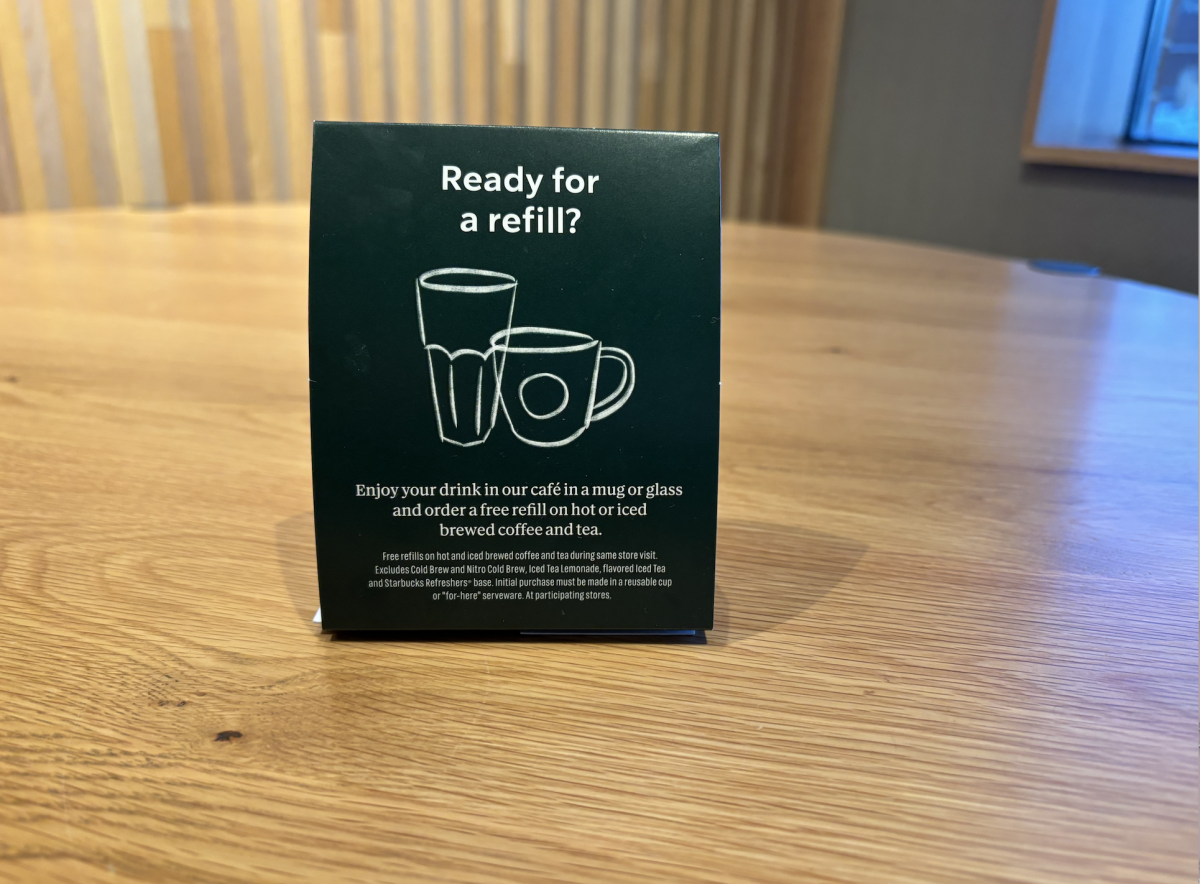


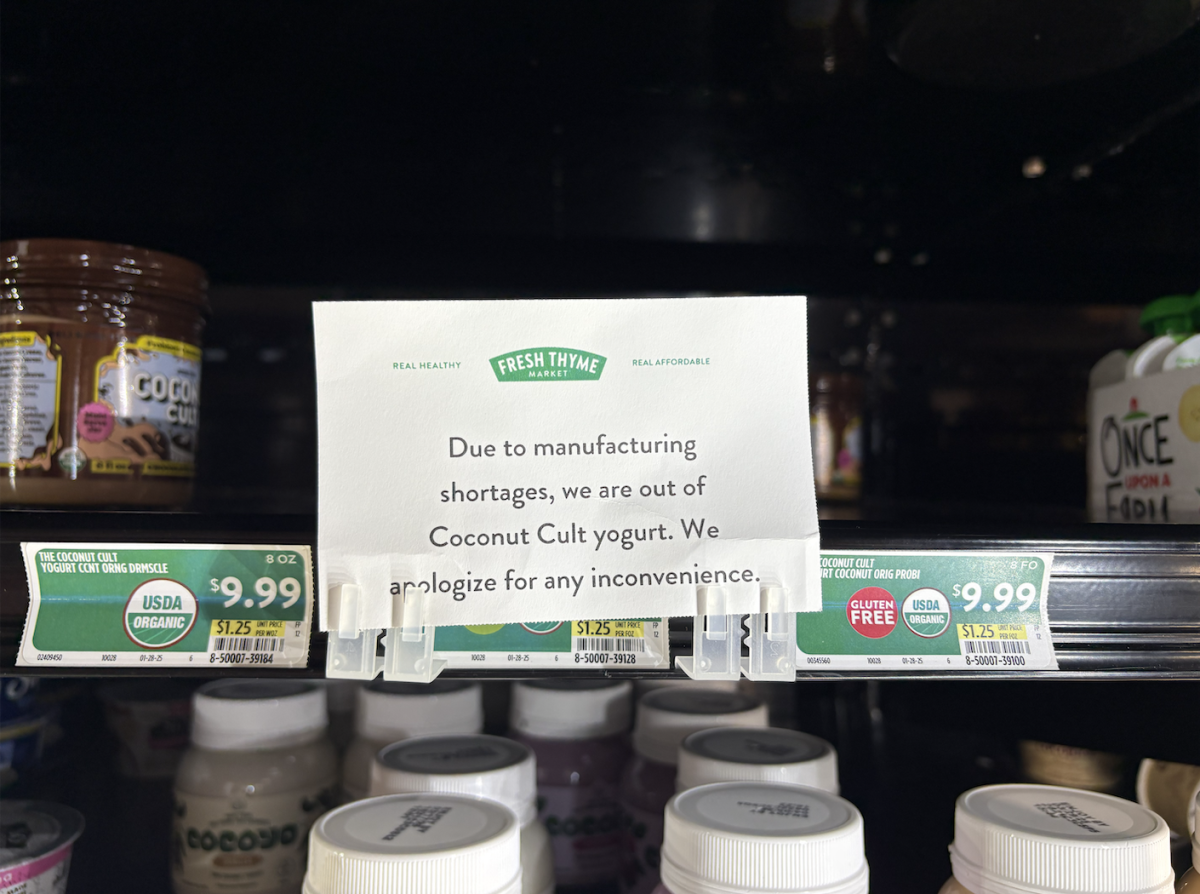
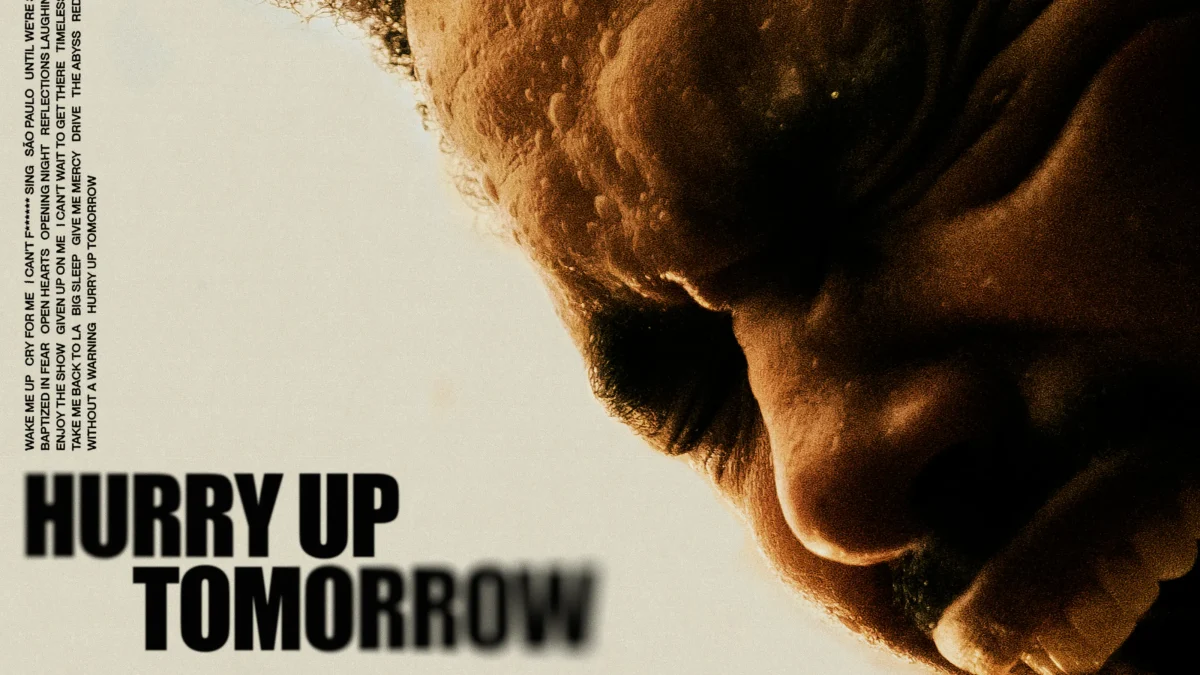






![Teacher Lore: Mr. Henderson [Podcast]](https://bsmknighterrant.org/wp-content/uploads/2025/03/teacherlorelogo-1200x685.png)
